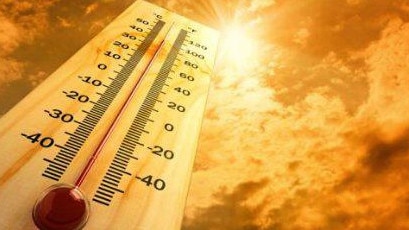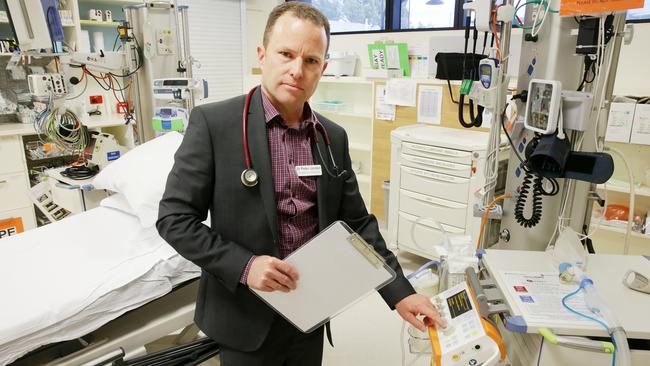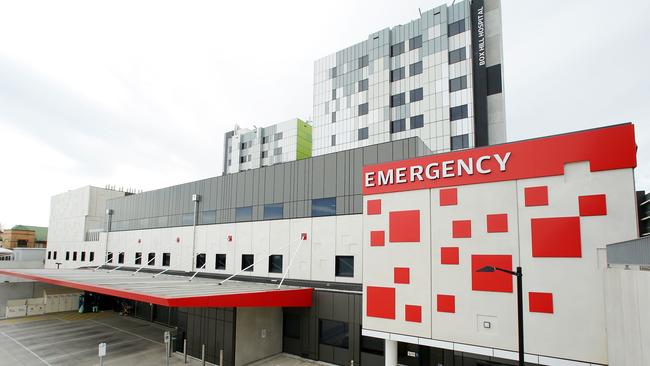Box Hill doctor warns of risks during hot days
Hospitals are inundated with patients on hot days, but heat stroke is usually not the main reason, a Melbourne doctor says. Existing health conditions can be exacerbated in warmer weather, and he’s shared some helpful tips for staying cool.

East
Don't miss out on the headlines from East . Followed categories will be added to My News.
People with existing health conditions are more likely to suffer during hot weather, and should have a plan in place, a health expert warns.
It comes as Melburnians will swelter through temperatures of up to 41C this week.
Most people who need medical help during heatwaves aren’t suffering from heat stroke, but are battling existing conditions — physical and mental — which have worsened in the heat, Box Hill Hospital’s Dr Peter Jordan said.

“Heat illness has been recognised in Victoria as a risk,” he said.
“There’s actually quite a high mortality rate and risk of people getting sick with exposure to severe heat.”
Dr Jordan, who is the director of emergency services at Eastern Health, said there was always a “huge spike” in people turning up to Box Hill Hospital on days of high heat, with the situation worsening on each consecutive hot day.
“We’ll see 25 per cent more cases,” he said.
“The ambulance can see anything from 30-50 per cent more cases on day two or three of a heatwave.”
Dr Jordan said the majority of cases was existing health issues aggravated by the heat — particularly mental health issues, with hot weather increasing stress.
“We see higher rates of self harm and attempted suicide during heatwaves,” he said.
“It’s quite significant.”

He said heat also largely impacted physical conditions, especially because many medications made it more difficult for people to regulate their temperature.
“We see an increased rate of heart attacks and strokes,” he said.
“People with diabetes are likely to become dehydrated.”
Dr Jordan said “only a handful” of people actually suffered from heat stroke — a severe illness.
He has advised everyone to have a plan to avoid being seriously impacted by the heat, and urged people to subscribe to heat alerts from the Bureau of Meteorology.
On hot days, people should keep hydrated, have plenty of cold water and ice and avoid exercising unnecessarily.
“It’s good to have a contingency plan if you don’t have an air conditioner or if your air conditioner fails,” he said.
“There might be times when you need to relocate yourself.”
MORE: DOC REVEALS STRANGE CHRISTMAS EMERGENCIES
‘GROUNDBREAKING’ UNIT PART OF $19.1M MENTAL HEALTH BOOST
CLEAN UP BEFORE FIRE DANGER PERIOD
Dr Jordan said people shouldn’t rely on fans, which could actually worsen the conditions of a room when the temperatures was above 35C.
He’s also encouraged people to look out for the elderly, and to call an ambulance if someone is so affected by the heat they become confused or weak.
“It can be an emergency,” he said.
